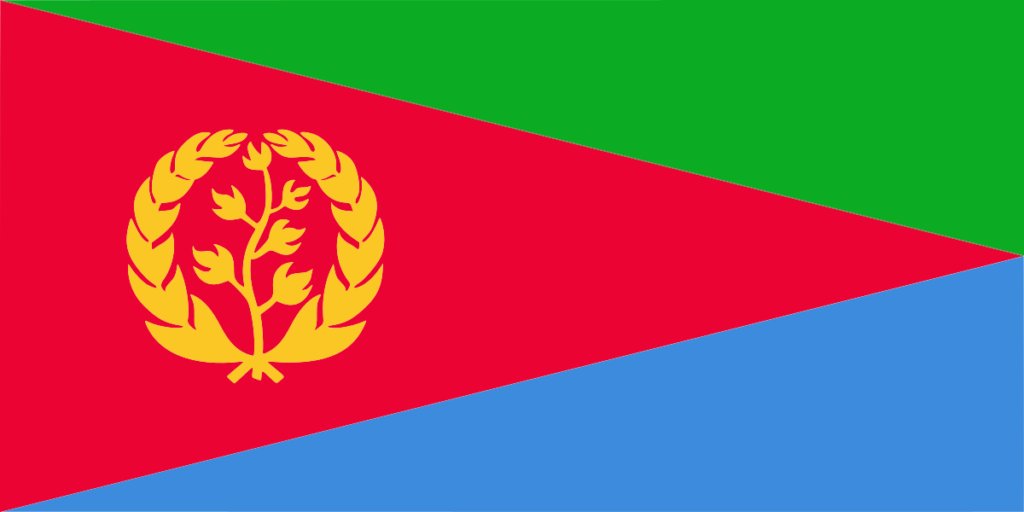ERITREA: “We Denounce and Firmly Reject Closure and Nationalization of Catholic Schools,” Eritrean Bishops to Government

Sr. Jecinter Antoinette Okoth, FSSA
Catholic bishops in Eritrea decry the closure and nationalization of Catholic schools by the government asking the concerned authorities to reconsider their measures and allow the Church to offer their service by “contributing to the integral development of the human person.”
The Church leaders lament in their recent letter that previously in 2018 Church-owned secondary schools were confiscated and “Recently, procedures have begun for the confiscation or, alternatively, the closure of our remaining educational institutions, from pre-schools to intermediate primary schools, scattered throughout the country.”
“We, pastors and leaders of the Catholic Church in Eritrea, are deeply saddened and hurt by the measures that the government is adopting by force, or has already done so, taking away from us the educational and health institutions that legitimately belong to us,” the prelates bemoan in a letter addressed to the Minister of Education Hon. Mr. Semere Reesom as they recall the governments seizure of Catholic clinics in the recent past which severely restricts the services of the Church in the country.
According to the bishop’s collective letter dated Wednesday, May 26, besides the already confiscated educational institutes, the State intends yet to nationalize or close other Catholic-owned primary schools in various parts of the country including one in the Eparchy of Barentù; 16 in the Eparchy of Cheren and two in the Archeparchy of Asmara.
The bishops clarify that the services offered by the Catholic Church to the people “are not, meant to be competitive with or substitute for what the State does in the same areas,” but “to offer the population greater opportunities of choice and fruition.”
Highlighting that the measures already taken, or about to be taken by the government authorities concerning nationalization and closure of schools “violates in principle her rights and is explicitly detrimental to the most elementary principles of justice,” the Catholic Church firmly denounces the measures “as a legitimate religious institution and a community of Eritrean citizens.”
The letter adds, the measures “deny families the opportunity to send their children to a school of their own free choice,” and also uses “force both as a principle and as a method, rather than dialogue and mutual understanding.”
The prelates recount that in the past, Eritrean government “forcibly” closed down some and nationalized other health centres serving the people with exemplary dedication and without any distinction of religion, ethnicity or group, and are currently trying to make “people believe that the concerned health and educational institutions belong to the people, and not to the Church.”
“This is an open distortion of the truth, designed to confuse the people. And it is right and fitting that we, the Catholic Bishops of Eritrea, promptly denounce the indisputable falsehood of the above misrepresentation,” the Church leaders lament in their letter adding that “In no uncertain terms and without hesitation whatsoever, to friends and non-friends alike: the schools and clinics confiscated or closed, or due to undergo the same fate, are the legitimate property of the Catholic Church, built, established and organized in the supreme and exclusive interest of serving the people.”
The prelates declare that the Church “will never cease to claim the return of the social institutions forcibly taken away from her, as well as the right to carry out all the services of which she has been deprived.”
The bishops “reaffirm with equal vigor that the Catholic Church in Eritrea, will continue to uphold and defend, as its inspiring principles, the paths of dialogue, mutual understanding, peace and mutual respect.”


